Chenango ag tour continues with a visit to the innovative Norwich Meadows
Chenango County forked over much more than a bail of hay last week to New York State officials who toured a unique sampling of three enterprises that make up the local agricultural industry.
After first pitching an inside look at the workings of an environmentally conscious farm – the Tumilowicz Dairy – followed by Agro Farma, Inc., where a massive new market for milk has developed, the tour bus proceeded to the innovative, organic vegetable and fruit growing systems under cover at Norwich Meadows Farms.
The group of approximately 35 state officials and local ag representatives were greeted at the state Rt. 23 site by a sampling table brimming with multi-colored heirloom tomatoes, raspberries and thin-skinned cucumbers. Dishing it out was Haifa Kurdieh, who with her husband, Zaid and his business partner, Dr. Yusef Harper, founded Norwich Meadows Farms in 1998.
Zaid Kurdieh proceeded to lead a brisk walk through the organic farm operation’s 50 plus acres of vegetables and melons, strawberries and tomatoes – all held off the ground on trellises and protected under multiple hoop houses, or high tunnels. The structures keep rain, snow and cold temperatures from the produce, allowing for a longer growing season much like farmers enjoy in a few zones south of Central New York.

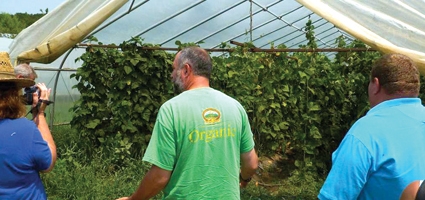

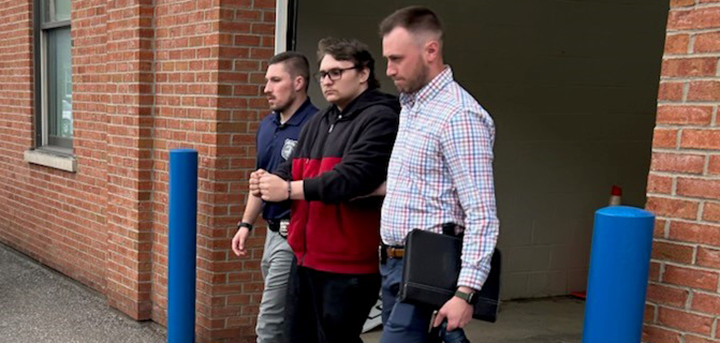
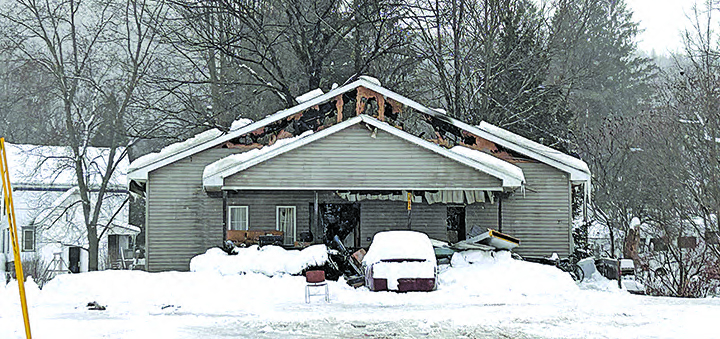

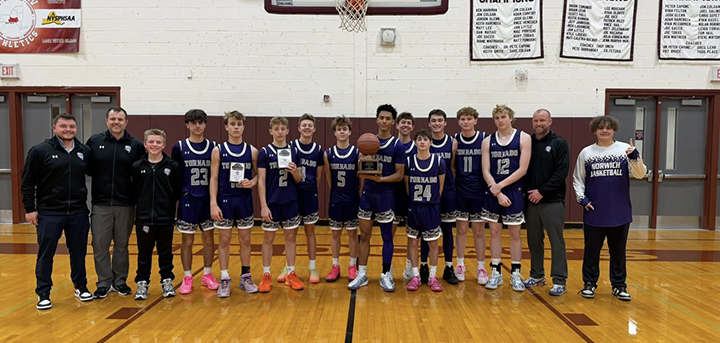

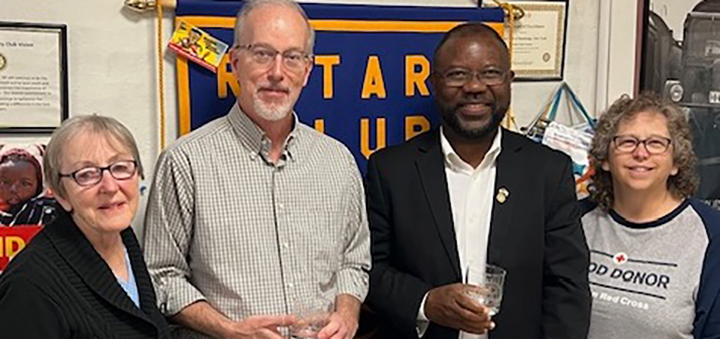

Comments